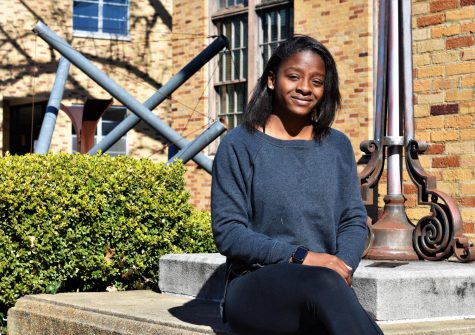The Great Divide
Low income students and minorities are especially at a disadvantage when it comes to test prep. “Overall, most students are not ready for the academic rigors of college, but low-income students are especially vulnerable (pp. 6-10). The performance gap between student groups based on income is substantial and persistent.”
This finding is from a study conducted by the American College Testing (ACT) organization in which they found that college and career readiness among low-income students is below the standards. This is because students who come from low-class families are not provided with the resources to assist them in preparing for tests like the ACT or SAT. Furthermore, because of this lack of preparedness, these students are also limited when it comes to receiving financial assistance and or academic scholarships.
For many students, wanting to pursue a post-secondary education is ideal. However, since many students, specifically low-income and minority students, don’t even come close to scoring scholarship earning scores on tests like the ACT, getting enough money to pay for college is almost impossible, even with federal aid.
So, where does the preparation start?
To begin with, when it comes to preparing children for college, public school systems are not at the top of the list for ensuring that all students are college bound, at least that’s the case for the ones in the poorer neighborhoods. The curriculum does not teach career and college readiness like it should or what the ACT tests for.
Standardized state testing is more of a priority than college preparedness. Rather than focusing on the students as individuals and making sure they are learning; the focus is on passing state tests and ensuring that schools meet the necessary guidelines. While for some students, passing standardized tests is no problem, the situation is not the same for all students.
This is where the divide is drawn.
When it comes time to take the tests that matter and that will determine a student’s future, the students are not prepared. All school year, they’ve been preparing for the state tests that are aimed to make the school look good, but when it’s time to make themselves (as students) look good, the school system fails to uphold the same regard.
Public School students are not prepped well enough to take tests such as the ACT and SAT, and it shows in the numbers.
Just because low-income students are awarded fee waivers allowing them to take these college admission tests does not mean that they are actually ready.
Where are the ACT prep programs for low-income students who can’t afford to hire a tutor or go to test prep company? Where are the test prep books for the students who can’t afford to purchase the books from a bookstore?
According to the non-profit organization A Bridge For Kids (ABFK), “Individualized tutors and classroom-style prep courses are often available, but can be incredibly expensive and therefore, not an option for most low-income students looking to boost their scores.” The resources are readily available, they’re just not readily available to low-income students and their families.
So, when are things going to change?
Just because a student is born in to a low-class family that does not mean that they must reside at that same income level for the rest of their life. It certainly does not mean that they must constantly take out student loans to pay for an education that wasn’t meant to be afforded to them in the first place.
According to the ACT Policies and Practices policy, a call to action has been put into place for this issue. After a 2015 study on low-income students and college readiness, the ACT proposed a call to action which states the following: “Given the substantial disparities in outcomes between lower and higher income students addressed in this report, closing this gap will require a tightly integrated approach to addressing post-secondary access, readiness, and success that spans the entire education continuum.”
This call to action was proposed in 2015. However, there have been no studies or results to prove its validity. The educational divide between lower income and higher income students still remains and there is only a matter of time before it is too late to close the gap.

Jasmine McGill is one energetic Lady Statesmen.
A sophomore in pursuit of an English degree; complemented by a concentration in philosophy, and residing...



